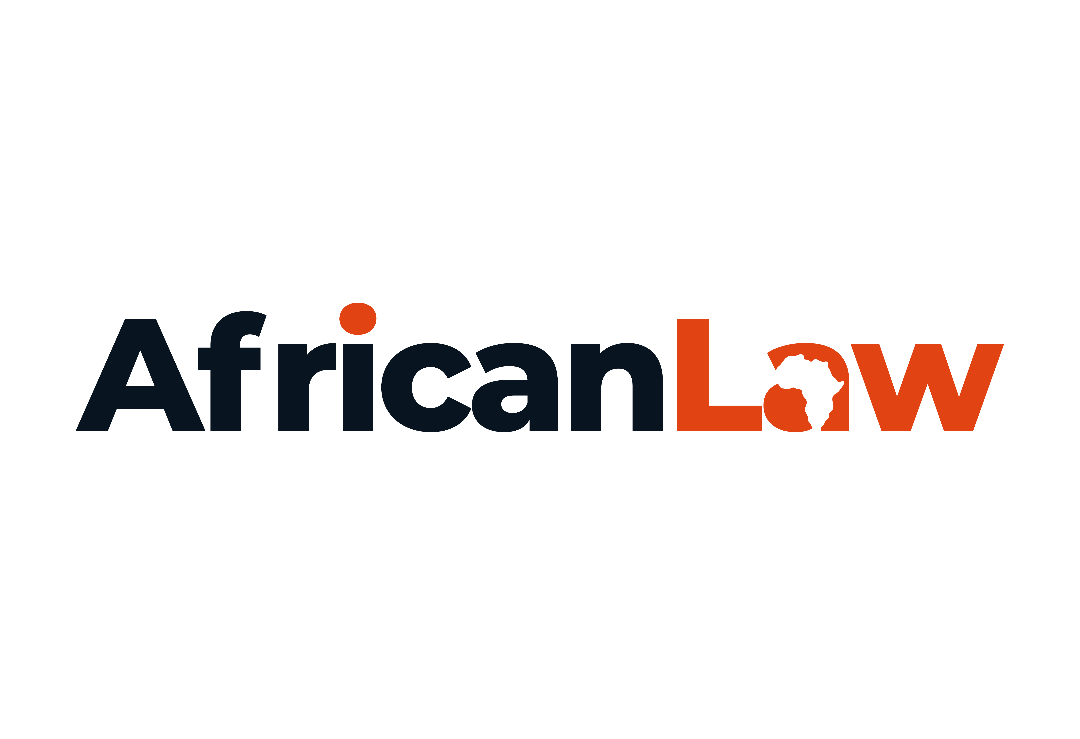My view is that to discuss the Validation issue, we need to be very careful not to build fences and argue from the other side (e.g Africa as a victim). Validation of patents is not about Europe gaining or Africa losing out, it is a principle premised on a plethora of founding rules, and we can only be very clear about it if we argue on a more global front. To make it shorter, I chose to put my view on three important factors.
- Trade & Economics
- Politics & Sovereignty
- Technology or Innovation Matrix
Trade and Economics
Europe is a block and acts as a single “community” when it comes to trade. European Union Trade block is the largest of such blocks accounting for roughly 18% of world imports and exports. One of the challenges of the past decade for the EU has been the massively increasing intellectual property (IP) violations currently accounting for billions of dollars (US$) in lost revenues and thousands of lost jobs. To protect the trade/economic interests there is need to make sure that there is protection both in the export and import countries. We must consider that 65% of Tunisia and Morocco’s trade is carried out with the EU and the rest with China, USA and generally the Middle East and North Africa (MENA) Region. If we factor in the Bilateral Agreements both the EU and (Morocco & Tunisia) and other partners such as USA and China hold, then we have a labyrinth of rights at risk or potentially open to commercial uplift. Morocco in particular through its Minister for Industry, Commerce, Investment and the Digital Economy specifically highlighted (in 2015) that this decision (to validate) could allow more FDI to flow to Morocco and safeguarding national and foreign investors. A detailed analysis of existing bilateral agreements is also necessary to guide our view on the decisions by these countries to validate European patents.
Politics and Sovereignty
Morocco and Tunisia have a colonial connection to Europe, especially Spain and France. The Moroccan and Tunisian governments enjoy political and economic connections. The connections link to trade and economic decisions. There are other factors at play in the matrix, for example arms trade with Morocco and Tunisia as gateways to other French speaking countries from EU and USA countries. There is always political leverage from complying with some of these partners. On Sovereignty, the validation does not encroach into sovereignty; each country still has to decide on its own accord the relevance and essence of accepting a patent. Decisions are based on the country not on political affiliation. The Political landscape does not have a bearing to acceptance of a patent.
Technology or Innovation
Validation is a system just like the Patent Cooperation Treaty (PCT), though confined to fewer countries. If validation is a bad idea, then of course the PCT is equally suppressive of technology from an African point of view. Africa needs a better view, a view not blinkered by boundaries and past politicking. I will not delve much on this because there are other studies that have been conducted and showed that there is a better chance of acquiring knowledge from a perspective of a smaller national joining validation system. Morocco and Tunisia would likely get more applications in their system, a very good basis for the innovation policies they are pursuing. The university science hubs – OpenLab projects, the MENA science projects, automobile and energy industry, agriculture innovations etc). Another major point and question is, does validation add extra prior art if we are to look at it in that regard? The answer is No. Prior art has always been universal. Nothing changes with regards to prior art by accepting to validate patents if you have a substantive examination system.
Is Africa at risk in pursuing Validation Agreements?
In my view, absolutely not! The world is global and the patent system is heading towards a world system. This will not dent African innovation at all, but provide an opportunity to increase the body knowledge in various industrial sectors.
The onus is on African governments to create better environments for technology adoption. We just lack the IP infrastructure fundamentals within our African systems. Having laws is just not enough.
I look forward to working on another detailed article analyzing various aspects including but not limited to bilateral agreements, patent prosecution and translation costs as well as other variables that will help us as Africans to have a holistic view of the patent validation issue.

















